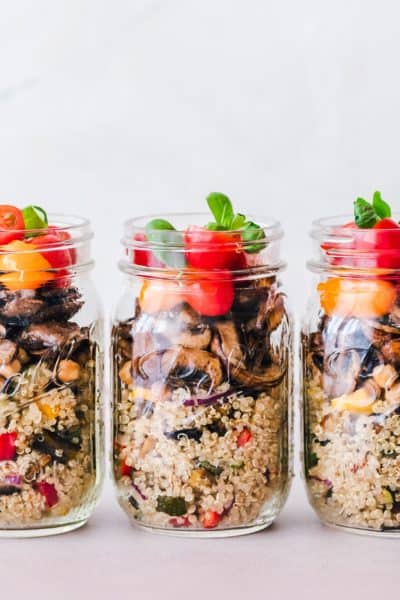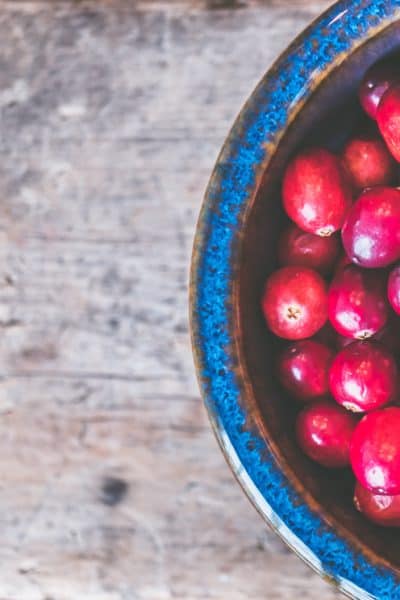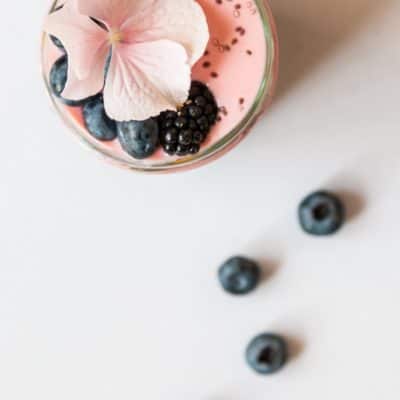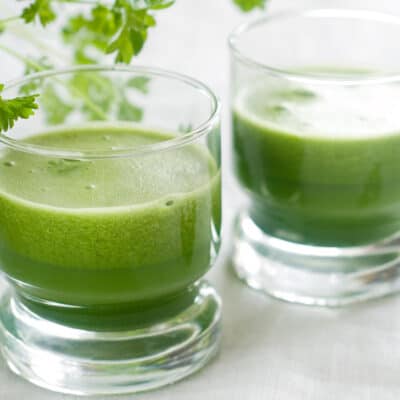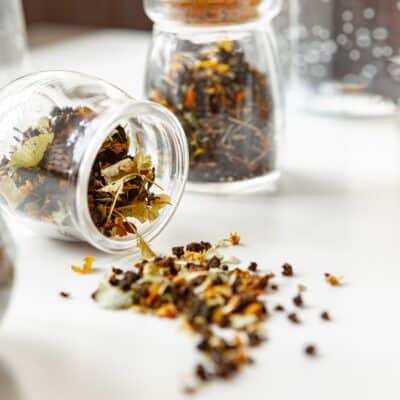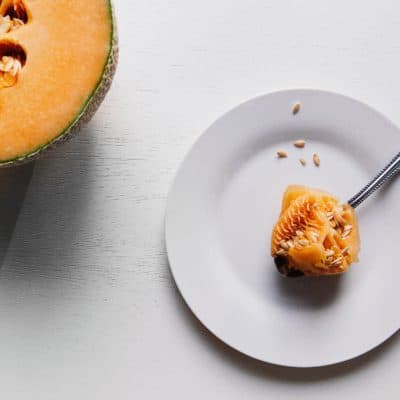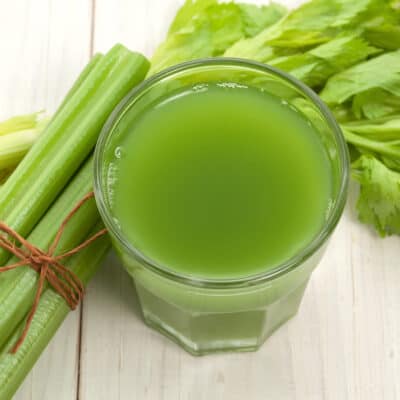Seasonal allergies got you down?
Are you bracing yourself for what is usually your runny nose, itchy eyes, and headache season?
Here’s why your allergies are triggered every year – and some of my top tips to help you through it!
Why Do I Have Seasonal Allergies?
Every body is different and can be triggered by different factors in your environment. This is why people are affected by allergies in different ways – their immune systems are all in a different place. Whether it be pollen, ragweed, grass, or trees etc., your immune system is treating them like an attack. It is possible to strengthen your immune system to fortify your defenses during your allergy season. Many clients in my practice have seen their seasonal allergies diminish or disappear altogether, depending on their protocol. It likely won’t happen overnight, but there are many steps you can take throughout the year – or while you’re in the middle of a sneeze-fest – that can help you enjoy being outdoors.
Change your diet.
Shifting to a plant-based diet, or at least one that incorporates more fruits and vegetables than animal protein, dairy, and eggs, can be very beneficial for your allergy symptoms. This study showed that a high-nutrient diet, especially one high in Vitamin C, was able to reduce a runny nose from allergies. Other studies show that a diet rich in antioxidants and fruits and vegetables reduces the risk of allergies for kids and adults. If you’re thinking of transitioning to a plant-based diet, my Go Vegan For 30 Days program is a great way to start. There are also many recipes and resources on my blog! If that seems like too many big steps, just start by taking a small one. Start eating less or cutting out dairy and eggs – that is a fabulous start!
Move your lymphatic system.
Your lymphatic system is the garbage disposal and nutrient delivery system in your body. It runs side-by-side with your circulatory system, but unlike what the heart does to pump your blood throughout your body, the lymph has no automatic pump. What happens to a stagnant, sitting pond? Bacteria can easily grow. The same can go for your lymph – a stagnant, clogged lymph can weaken your immune system and provide a feeding ground for viruses and bacteria to grow. The lymphatic system is a major player in the immune system, creating and activating your body’s T-cells to fight invaders. If you want a strong immune system and strong defenses against your allergy triggers, moving your lymphatic system is an important step. Read more about the lymphatic system and how to move it here.
Get garlic.
Aside from being highly nutritious and an amazing flavor additive in all types of savory cooking, garlic is also one of your best allies in strengthening your immune system. Crush up garlic before adding to your cooking to release the allicin it contains, a potent antimicrobial, bacteria-killing compound. One medical study from Korea also showed that garlic builds your defenses against heavy metal accumulation. So get cookin’ and “crush it”! If it’s challenging to get more garlic in your diet, I also like Dr. Christopher’s Super Garlic Immune. Read more about the power of garlic here.
Don’t underestimate honey.
Honey is one of nature’s wonders. Produced and preserved by the hard work of thousands of little laborers, honey is one of the rare foods that never spoils as long as it is not exposed to air. This is because it is hygroscopic, meaning it has very low moisture, and it draws moisture to it from other sources, including bacteria, thereby killing that bacteria and strengthening your immune system.
Raw honey for counteracting seasonal allergies is a debatable claim. One study showed that this is indeed the case, but another study says “no dice” on that claim. So why stick with raw honey? The antimicrobial effects of honey still remain uncontested, and pollen remains an incredibly nutrient-dense food, high in antioxidants.
Drink these herbal teas.
Stinging nettle may not be a fun plant to handle, but your tummy can handle it just fine, especially in tea form. According to one study, with nettle as your ally in the allergy war, your antihistamines get boosted and those seasonal symptoms diminish. Drink it as a tea or mix some powder into your morning smoothie.
Chamomile tea and lemon balm tea are also very helpful for allergies, because they calm the systems that are being over-reactive. They are also great for helping strengthen your immune system.
Try turmeric & ginger.
Everyone is talking about turmeric. This ancient root is well-known in traditional Indian medicine, Ayurveda, where it is known as a “healing powder”. In fact, it makes its way into most Indian dishes. Get a good brand to use in your cooking because the curcumin in turmeric is a known immune booster. Its anti-allergy properties are so strong that one study found it can even inhibit severe anaphylactic reactions to food allergies. Read more about turmeric here.
Ginger is loaded with flavor for both sweet and savory cooking. It can also be consumed as a stimulating tea or mixed into smoothies in powdered form for some added zest. Lucky for us, the tasty “kick” of ginger can also help kick our seasonal allergies to the curb. Ginger’s bioactive compounds are antibacterial, antimicrobial, antioxidant, and anti-inflammatory – which are all big pros for your body while fighting off an allergic reaction. Read more about ginger here.
Fennel to the rescue.
Fennel is one of the most widely used herbal treatments. It’s great for use on the front lines to strengthen your immune system with its antiviral and antimicrobial properties. Should any of those pesky allergens make it past your first lines of defense, worry not. Fennel has long been used to heal congestion, reduce inflammation and help you breathe easily.
Fennel has a unique anise-style flavor as a tea, and the hearts are delicious roasted with root vegetables or tossed with salad. If you happen to be allergic to carrots or celery, steer clear of fennel because it’s from the same family.
MORE REMEDIES TO HELP
- Zinc sulfate to strengthen the immune system (Eidon, Good State, and Vimergy are good brands)
- Vitamin C to support your body’s defenses and detoxification (learn more about Vitamin C and how to get a high quality brand here)
- Sovereign Silver nasal spray
- Elderberry syrup
- Dr. Christopher’s Cold Season capsules
- TRS to help remove toxins out of the body that can be adding to the overload on the system and triggering allergies.
- Vir-U-Sure
- White willow
- Cornflower hydrosol is very helpful for soothing irritated eyes and skin.
- Perilla Clear from Dragon Herbs
- An Air Doctor to help with airborne allergies
Here’s to a healthy Spring!
Ignite the healer within,
Amber
P.S. Looking for more simple but powerful remedies for common ailments? Try my online course: The All-Natural Medicine Cabinet: Your Guide To Powerful Remedies For Common Ailments

